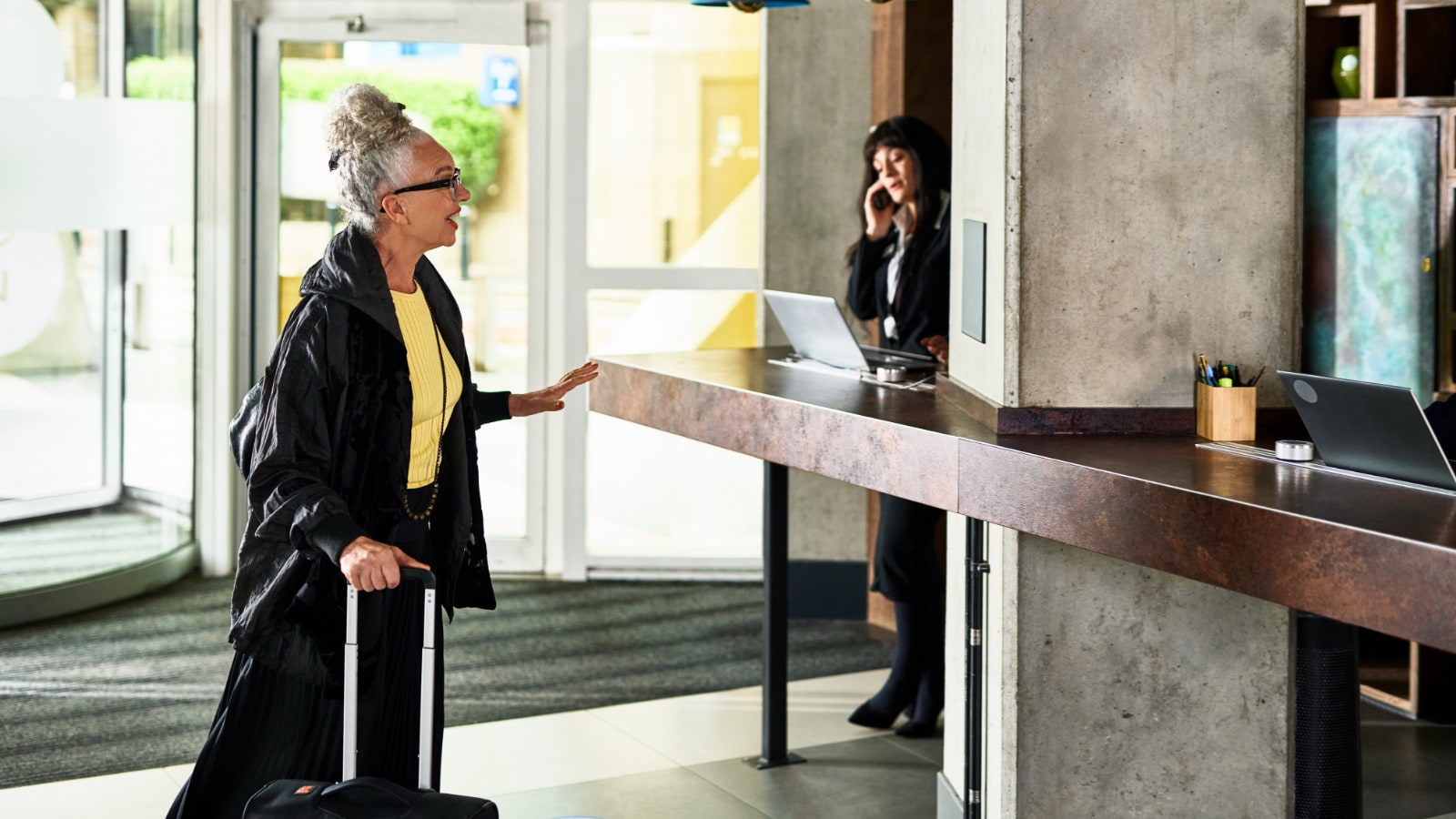
PwC Consumer Sentiment Survey - Spring 2025
Another quarter of falling consumer sentiment suggests things could be challenging for retail and leisure operators in the near term. Following on from the vibecession we saw late last year, people are now starting to cut back on spending and all indicators are down compared with the previous quarter. Yet, despite the perceived gloom, things are actually around the long-run average. However, with concerns over the state of the UK economy, the job market and household finances, we look at what this might mean for retail and leisure operators in the next few months.













